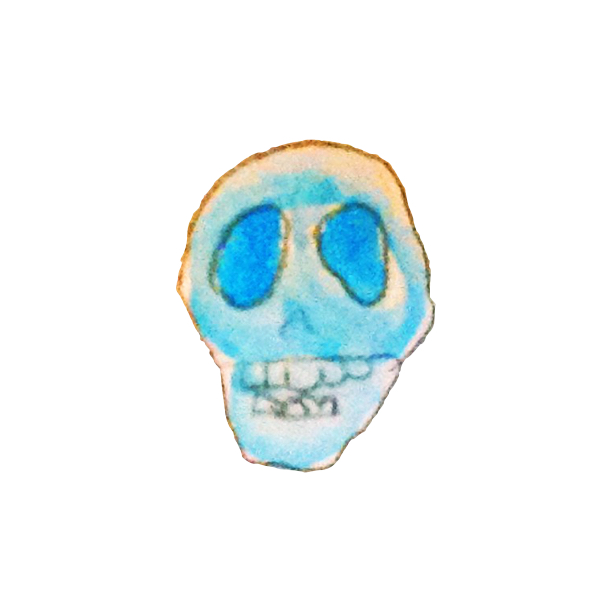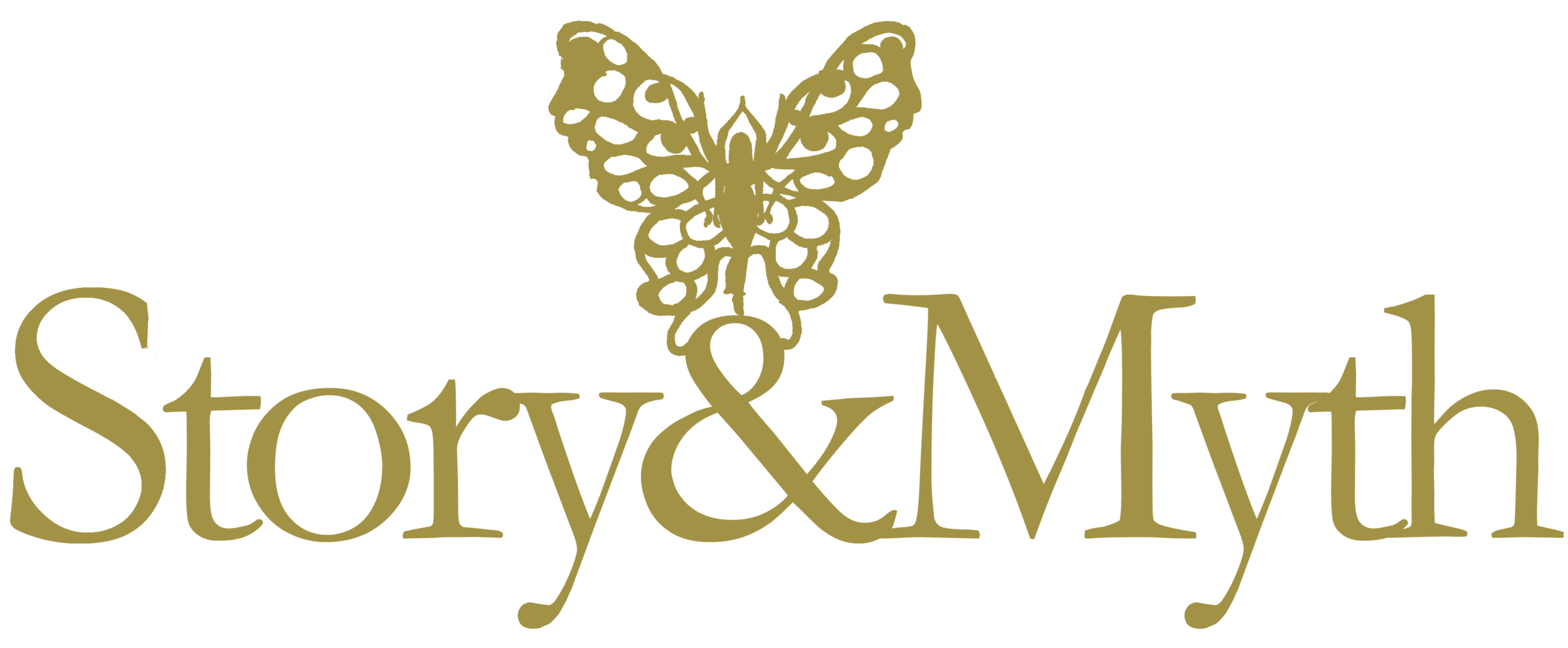Skull

FACING FEARS
Skulls represent: time, power, divinity, gateway, creation, initiation, concentration, seat of the soul, human potential, humility.
💀 Symbolism of the Skull
Mortality & Impermanence – A reminder of life’s fragility and the inevitability of death, encouraging us to live fully and mindfully.
Transformation & Rebirth – Symbolizes the cycle of life, death, and renewal — letting go of the old so the new may emerge.
Protection – Traditionally worn as a talisman to ward off evil spirits and negative forces.
Power & Courage – Represents fearlessness, strength, and the ability to overcome life’s challenges.
Wisdom & Enlightenment – In some traditions, the skull is a vessel of hidden knowledge and spiritual awakening.
📜 Lore of the Skull
Ancient Cultures: In Celtic and Mesoamerican traditions, the skull was revered as the seat of the soul and a source of power.
Day of the Dead (Mexico): Skulls (calaveras) are celebrated as joyful symbols of remembrance, honoring loved ones who have passed.
Eastern Traditions: In Tibetan Buddhism, skull imagery (kapala cups, malas) reminds practitioners of impermanence and the path to enlightenment.
Alchemy & Mysticism: Skulls symbolize transformation — the death of ignorance and the rebirth of wisdom.
Modern Symbolism: Often seen as an emblem of rebellion, resilience, and living authentically without fear.
✨ As a charm, the skull carries deep duality — it is both a memento mori (reminder of mortality) and a symbol of strength, renewal, and protection on life’s journey.
